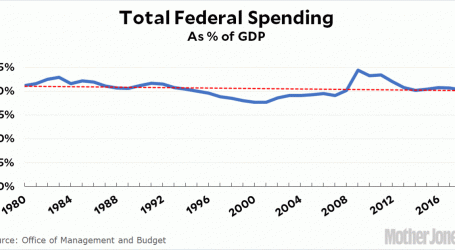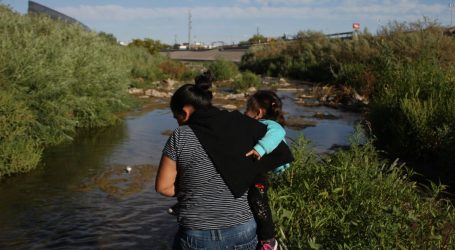A New Video Game That Sends Food and Medicine to Refugees Beyond the Screen
For indispensable reporting on the coronavirus crisis, the election, and more, subscribe to the Mother Jones Daily newsletter.Lual Mayen wasn’t old enough to walk when he fled South Sudan with his family to a refugee camp in northern Uganda, where he lived for 22 years. Food was scarce. School didn’t exist. “It was not an easy journey…I lost two of my sisters,” he said.
By the time he was 15, he saw his first computer in passing, and over the next three years, his mother worked to secretly save cash to buy him one. “I couldn’t believe that it was real,” he said in a story powerfully reported by Ryan Bergeron. “Where can I even charge the computer? Where can I even go and learn?…There was nobody that could train me.”
Mayen walked three hours to the nearest basecamp to charge the computer. “If [my mother] was able to take us from a war-torn country to an environment of a refugee, I can also make it,” he said. He taught himself to code and design, and he set out to create a game that promotes conflict resolution, first running it over Bluetooth and then posting to Facebook. “That was the first time I started connecting with the video game community and getting support.”
His game took off. He’s now the founder of Junub Games, which is ready to release “Salaam” (“peace” in Arabic), a mobile game that puts players in the shoes of refugee runners. Through nonprofits, he’s arranging to provide food, water, and medicine to people in refugee camps whenever a player buys supplies in the game.
A Recharge salute to Mayen and his mother, and to Bergeron for the story and images.
We Recommend
Latest





